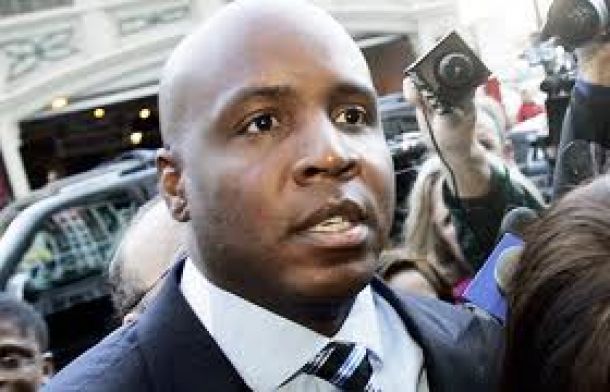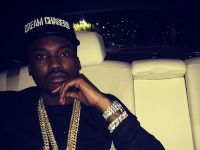News
Barry Bonds guilty of obstruction of justice
By: sfgate.comPosted On: 04/14/2011 12:46 P

Tweet
Barry Bonds, the former Giants outfielder and baseball's all-time home-run leader, was convicted Wednesday of obstruction of justice for giving evasive answers to a federal grand jury that questioned him about his use of performance-enhancing drugs.







